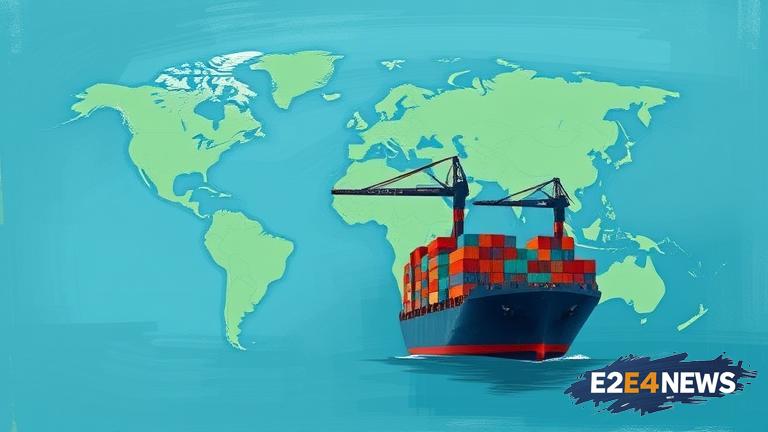Export credit agencies (ECAs) are specialized institutions that provide financial support to domestic companies engaged in international trade. Their primary objective is to promote exports, stimulate economic growth, and create jobs. ECAs offer a range of financial products and services, including insurance, guarantees, and loans, to help exporters and importers manage risks associated with international trade. By providing financial support, ECAs enable companies to compete more effectively in the global market, increasing their chances of success. ECAs also help to mitigate risks such as non-payment, political instability, and currency fluctuations, which can be significant barriers to international trade. In addition to financial support, ECAs often provide advisory services, market research, and trade promotion activities to help companies navigate the complexities of international trade. The use of ECAs has become increasingly important in recent years, as global trade has become more complex and competitive. Many countries have established their own ECAs, which are often government-backed or government-owned. The United States, for example, has the Export-Import Bank of the United States (EXIM), while the United Kingdom has UK Export Finance (UKEF). ECAs can be categorized into different types, including public, private, and mixed models. Public ECAs are government-owned and operated, while private ECAs are owned and operated by private companies. Mixed models combine elements of both public and private ECAs. The benefits of using an ECA include increased access to finance, reduced risk, and improved competitiveness. ECAs can also help to promote economic growth, create jobs, and increase tax revenues. However, the use of ECAs has also been criticized for creating unfair trade advantages and distorting market competition. Some argue that ECAs can be used to subsidize exports, giving companies an unfair advantage over their competitors. Others argue that ECAs can be used to support companies that would not otherwise be viable, creating a moral hazard. Despite these criticisms, ECAs remain an important tool for promoting international trade and economic growth. In recent years, there has been a growing trend towards the use of ECAs in emerging markets, where access to finance can be limited. ECAs have also been used to support the growth of small and medium-sized enterprises (SMEs), which are often critical to economic development. The use of ECAs has also been linked to the growth of international trade agreements, such as the Trans-Pacific Partnership (TPP) and the North American Free Trade Agreement (NAFTA). As global trade continues to evolve, the role of ECAs is likely to become increasingly important. With the rise of new technologies, such as blockchain and artificial intelligence, ECAs are likely to play a key role in promoting the growth of digital trade. In conclusion, export credit agencies play a vital role in promoting international trade and economic growth. By providing financial support and mitigating risks, ECAs enable companies to compete more effectively in the global market, creating jobs and stimulating economic growth. As the global trade landscape continues to evolve, the importance of ECAs is likely to grow, making them an essential tool for companies engaged in international trade.
